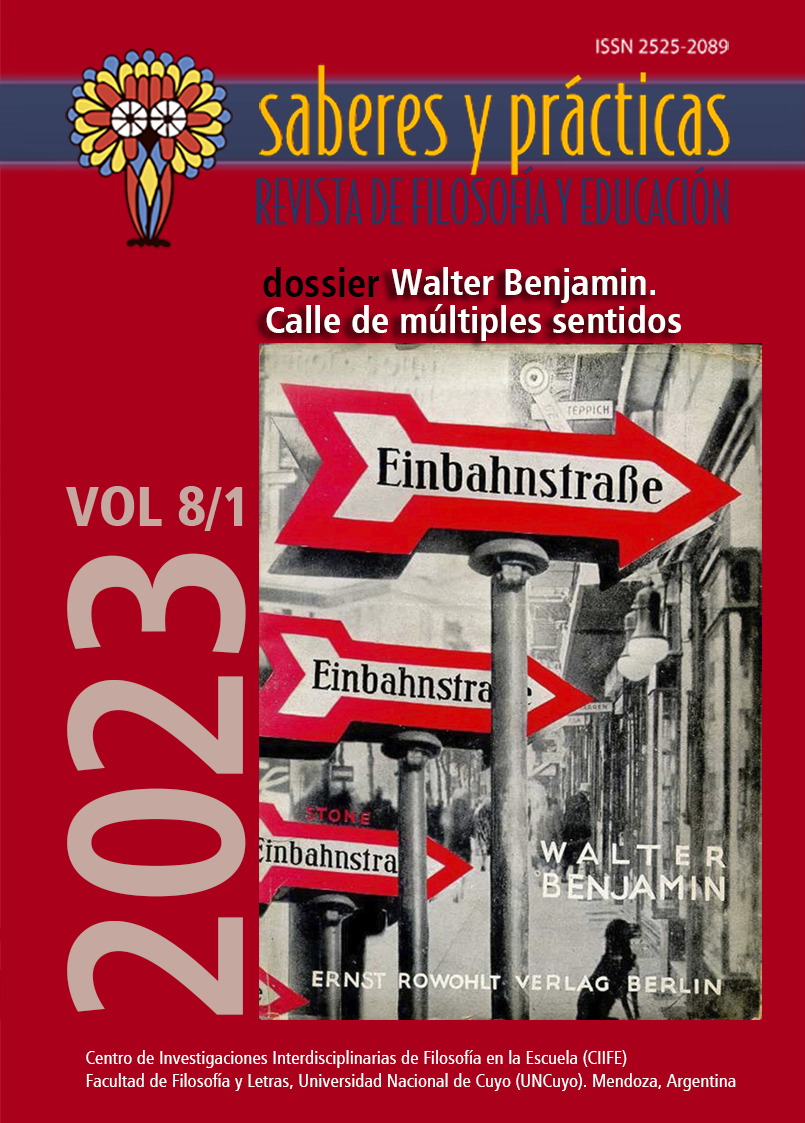Citizenship in the new Citizen Education Program: a poststructuralist reading
Una lectura posestructuralista
DOI:
https://doi.org/10.48162/rev.36.092Keywords:
ciudadanía, educación, posestructuralismo, modernidad, discursoAbstract
This article seeks to present a poststructuralist reading about the Citizen Education Program aimed at third-secondary students that is currently implemented in Chile since 2021. In this regard, it seems that civic education is understood as a possible solution to the criticisms exposed in the student revolts that began in 2006 and that have been maintained to this day, the analysis of the discourse allows us to investigate what aspects of the citizenship is sought to be taught in the classroom Citizenship education has historically been implemented since the creation of the Chilean State to address moments of crisis, which is why the development of new programs could be related to the need to organize a nation with structural problems at an educational level. It has been chosen to carry out a discourse analysis of the curricular documents through a post-structuralist perspective, because it is believed that this approach allows understanding the programs from other places, enabling the understanding and critical analysis of the ideas that are in the objective of educate the citizenship.
Downloads
References
Bolívar, E. (2010). Modernidad y blanquitud. Ediciones Era.
Casullo, N., Foster, R., Kaufman, A. (2009). Itinerarios de la Modernidad: corrientes del pensamiento y tradiciones intelectuales desde la ilustración hasta la posmodernidad. Eudeba.
Contreras, C. (2010). Márgenes de la deconstrucción. Cuestiones, aporías y promesas en Jacques Derrida. Márgenes ético-políticos de la deconstrucción. Editorial universitaria.
Da Silva, Tomaz. (1997). El proyecto educacional moderno: ¿Identidad terminal? En F. Calvo (Eds.), Crítica pos-estructuralista y educación (pp. 273 – 287) Editorial Laertes.
Derrida, J. (1982). Dónde comienza y cómo acaba un cuerpo docente. En O. Barahona y U. Doyhamboure (Eds.), Políticas de la filosofía (pp. 57 – 99). Fondo de cultura económica.
Foucault, M. (1992). El orden del discurso. Tusquet Editores.
Hall, S. (2010). Sin garantías: trayectorias y problemáticas en los estudios culturales. Envión Editores.
Mineduc. (2021). Programa de estudio Educación Ciudadana. https://www.curriculumnacional.cl/614/articles-140124_programa_feb_2021_final_s_disegno.pdf
Santander, Pedro. (2011) Por qué y cómo hacer análisis de discurso. Cinta
Moebio (41), 207-224.
Van Dijk, T. (2005). Ideología y análisis del discurso. Revista Internacional de Filosofía Iberoamericana y Teoría Social (10), 9 – 36.
Published
How to Cite
Issue
Section
License
Copyright (c) 2023 Daniela Gutiérrez Contreras
This work is licensed under a Creative Commons Attribution-NonCommercial-ShareAlike 2.5 Argentina License.





















